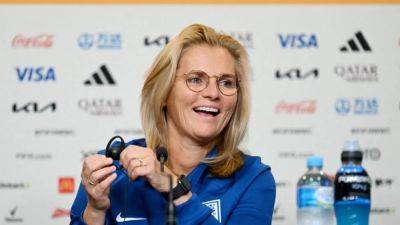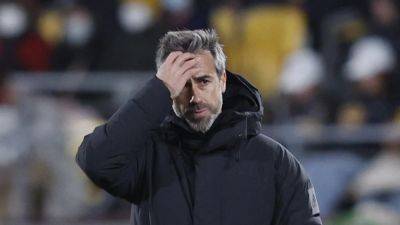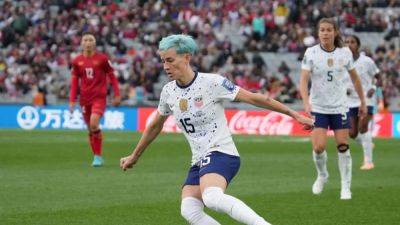Low in numbers but female coaches thrive at major tournaments
MANCHESTER, England : From Pia Sundhage to Sarina Wiegman to Bev Priestman, the ninth Women's World Cup will be a glittering showcase of some of the game's most successful coaches but 20 of the 32 teams will still have men barking the orders from the touchline.
Twelve female coaches represents a record number for the global showpiece, and is a significantly higher proportion than in most other sports, but some are questioning why it is still not greater.
Vicky Huyton, founder of the Female Coaching Network, said a lack of success was certainly not a factor.
Since 2000, all but one of the major women's football tournaments - the Women's World Cup, Women's Euros and the Olympics - have been won by female-coached teams, she pointed out.
Norio Sasaki, the man who coached Japan to World Cup gold in 2011, is the sole exception.
"It's a stat I find fascinating - and it's a trend across many different sports, but particularly in women's football," Huyton said.
Football's female coaching landscape is a good news/bad news scenario.
Women coaches make up 37.5 per cent at the World Cup, which kicks off Thursday, the same as in 2019 and slightly higher than 2015.
"It's one of the better sports for female coaches," Huyton added. "Which is kind of like saying it's the best of a bad bunch rather than necessarily a positive thing."
At the other end of the scale are athletics, rugby and tennis. Fewer than 1 per cent of athletics coaches at the world championships or Olympics are women, Huyton said, and only 4 per cent of the top 200 women on the WTA Tour are coached by women.
Huyton also worries about the lack of new faces among the women who have a top job in international football.
"We now know that female coaches can be successful - how







